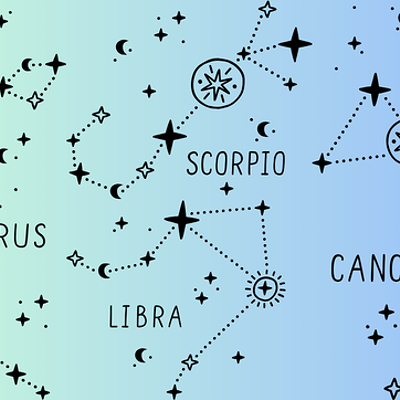The first time CP has ever been accused of sounding like a fundamentalist pamphlet
Please tell me that "Shame of the City" [Main Feature, Aug. 15] was several pages of tongue-in-cheek. Or maybe the full page "Just Kidding!" at the end fell out of my issue. Using the words "smut," "debauchery" and "porn" to describe works of art, chastising artists for their work, even proposing "taking sex education out of the public schools" ...
The nude form has been part of sculpture and painting for as long as sculpture and painting have been around! Not to mention all of the cited art respectfully portrays the human body. None of it is degrading, or shows the figures doing anything offensive. I felt like I was reading a fundamentalist Christian pamphlet.
The human form is inherently a beautiful thing, and it has been accepted as such across all walks of life for all of recorded history. And don't talk about morality and damaging our children. There is no moral issue here, and children are as familiar with the naked form as any of us. What do you think you're hiding from them or protecting them from? Nude art has been around forever without negative consequence. Can we see some cited studies showing negative consequences? Please? It feels ridiculous to even be typing this letter. Has everyone at CP gone insane?
-- Tim Palko, Edgewood
Buying silence
I was disgusted by Lamar, Clear Channel and Heffner Outdoor Advertising's attempt to silence public health and environmental advocates ("Fishing for a Controversy," Aug. 15]. By denying ad space to nonprofit organizations seeking to take Giant Eagle to task for its response to the health risks posed by some of the "seafood" it sells, these ad firms show how much they care for this community. They don't care at all.
When the exchange of information and ideas are prevented, and the work of socially conscious organizations and individuals to make positive change is quashed in the name of protecting profits instead of people and the planet, I find myself questioning the quality and degree of freedom any of us enjoy. Consumers should wonder what other important information is being denied to them in the pursuit of the almighty dollar.
-- Peter J. McKosky, Bloomfield
Light-minded discussion
Thank you for the excellent article on global warming by Jared Trent Stonesifer, "Too Hot to Handle" [Aug. 1]. The chart complied by the National Climate Data Center showed the unmistakable trend of increasing temperatures for Pittsburgh, and other cities in the United States since 2000.
As the article pointed out, Pennsylvania produces 1 percent of the world emissions of carbon dioxide, the main greenhouse gas, so it's up to us to take some action if we are going to lessen the negative impacts of global warming.
One of the best ways we can cut carbon dioxide emissions is by installing compact fluorescent light bulbs in our homes. The bulbs are 70 to 80 percent more efficient than incandescent bulbs, last longer, and deliver the same quality of light.
Since 40 percent of our carbon dioxide emissions come from power plants and 25 percent of that power goes to lighting, any reductions we can make in power use for lighting can make a big difference.
Each bulb over its lifetime saves about 1,000 pounds of carbon dioxide from being emitted into the atmosphere.
The new lights save money, too. I switched my whole house over to the lights, and will save $148 this year on my electric bill because I'll use about 1,000 less kilowatt hours of electricity.
The bulbs won't stop global warming by themselves, but they're a good start.
-- Robert Podurgiel, Scott Township
Another diagnosis
In response to Anthony Lintner's letter ["Free-Market 'cure' worse than the disease?", Aug. 22] about health-care systems, some observations:
1) The Constitution grants no authority to government to be involved in health care or insurance.
2) The free market, with open competition, has always provided the best and cheapest of any product or service.
3) Because of government mandates and regulations affecting health-care providers, insurance companies, drug companies and medical schools, we do not have a true free market in health care in the U.S.
4) Human nature is such that, the lower the price of something, the more people will buy of it. Applying this to health care, if people do not pay the full cost of a doctor's visit, a medical test or a medical procedure, they will make more doctor's visits and request many more tests and procedures than they would if they paid the true costs. This will overload the system as well as driving up the costs to the system, paid for by taxpayers.
For a more complete analysis, visit the International Society for Individual Liberty's Web site at www.isil.org/resources/lit/we-can-have-afford-hc.html.
-- Nick Kyriazi, North Side














